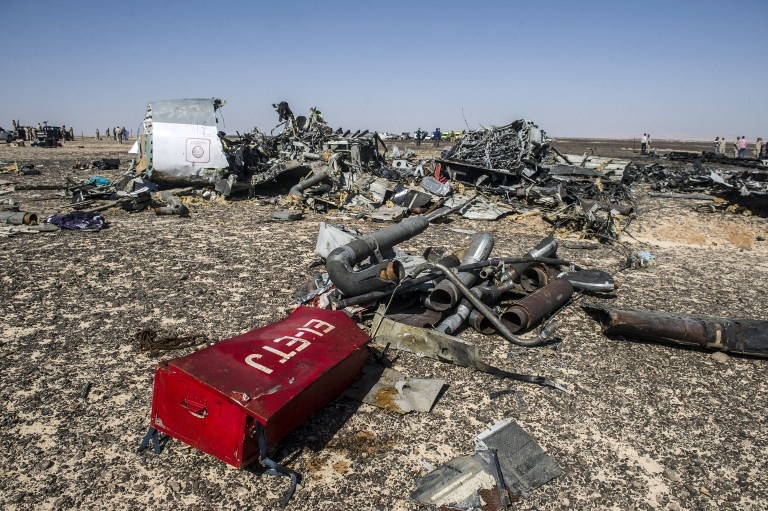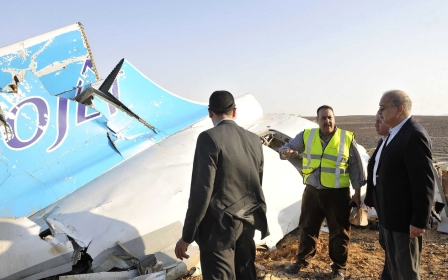UK could send ground troops to Egypt to capture plane bombing suspect: Official

Britain would be prepared to send ground troops to Egypt to assist in a mission to capture a man thought to have masterminded the suspected attack that downed a Russian passenger plane, officials said on Sunday.
Investigators probing the crash of a Metrojet plane last Saturday now say they are “90 percent sure” a bomb caused the disaster.
The plane, carrying mostly Russian tourists from the Egyptian resort of Sharm el-Sheikh to the western Russian city of St Petersburg, crashed in the Sinai desert 23 minutes after takeoff, killing all 224 people on board.
“The indications and analysis so far of the sound of the black box indicate it was a bomb,” an Egyptian member of the investigation team told Reuters on Monday, asking to remain anonymous.
The Egyptian government has so far denied claims by Islamic State-linked militants active in the restive Sinai Peninsula that they downed the plane.
Confirmation that the disaster stemmed from militant activity could have a disastrous impact on the economy in a country where tourism generates more than 11 percent of the GDP.
Egyptian officials have insisted that their airports maintain a high level of security, despite claims of irregularities, with passengers saying as recently as last week that they were asked for bribes in exchange for skipping security checks.
British security officials visited Sharm el-Sheikh airport, as well as the busier Hurghada International Airport, on seven separate occasions during the year preceding the disaster, according to Gad Karim, the former head of Egypt’s airport authority.
Egyptian officials responded quickly to British demands that they tighten security by using more scanning equipment, Karim told state-owned Egyptian daily al-Ahram on Monday.
Britain was the first country to suspend its flights out of Sharm el-Sheikh last week as data from the Metrojet flight’s black boxes pointed towards militant activity as the cause of the disaster.
Some 20,000 British tourists were left stranded by the decision, with some being told they would have to wait up to 10 days to be returned home.
Russia, which usually sends three million tourists to Egypt every year, soon followed suit.
Egypt’s Tourism Minister Mohamed Yousef called the decision a “severe blow,” estimating that the country’s tourism industry will lose 70 percent of its business if Russian holidaymakers do not return.
Though the international investigation into the crash has yet to confirm that a bomb was behind it, British officials have already named a suspect.
Intelligence officials told the Sunday Times over the weekend that Abu Osama al-Masri, described as the head of the militants leading attacks against the Egyptian government in the Sinai Peninsula, was a “person of interest” in the case.
Britain could send troops from the SAS, a Special Forces unit of the army, to assist in a “kill or capture” mission targeting al-Masri, anonymous sources told the weekly newspaper.
Al-Masri appears in video clips with his face digitally disguised, and his true identity remains unknown.
However, Egyptian security officials say he could be either 37-year-old Mohammed Ahmed Ali, who was born and raised in North Sinai, or Yasri Abdel Moniem Nufal, a former head of another militant organisation who escaped prison during the 2011 revolution.
New MEE newsletter: Jerusalem Dispatch
Sign up to get the latest insights and analysis on Israel-Palestine, alongside Turkey Unpacked and other MEE newsletters
Middle East Eye delivers independent and unrivalled coverage and analysis of the Middle East, North Africa and beyond. To learn more about republishing this content and the associated fees, please fill out this form. More about MEE can be found here.





